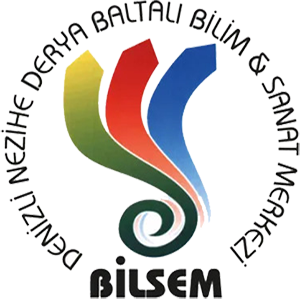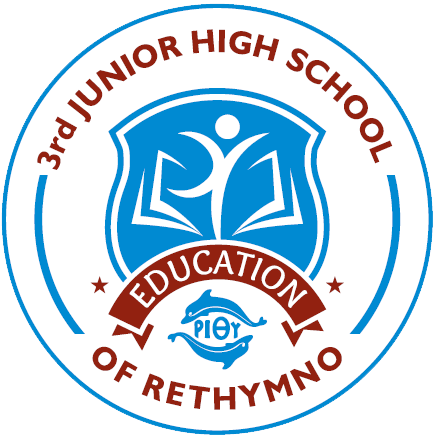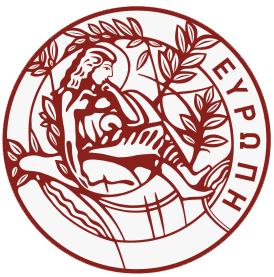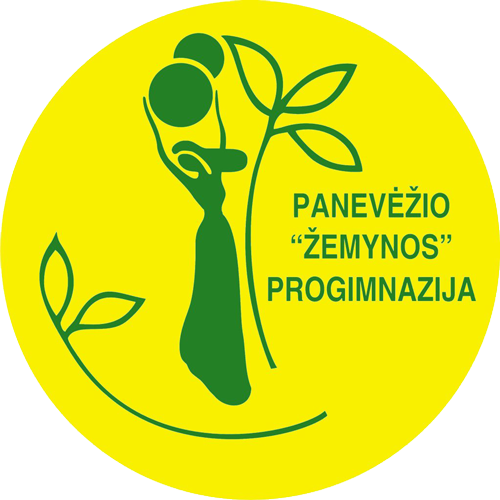
"INNOVATIVE SCHOOLS: TEACHING & LEARNING IN DIGITAL STEM LABS"
2020-1-TR01-KA226-SCH-097611

In our digital era, the traditional concept of schooling, based on a re-production model (knowledge acquisition) where there is one classroom, one teacher, one class, and one subject at a time, is being increasingly questioned. Technology co-evolves rapidly with new learning practices. Learning becomes increasingly blended or hybrid which means that Face-To-Face and Peer-To- Peer instruction is often combined with virtual learning environments. Rethinking the relationship between education and practices that scaffold knowledge creationis vital. Technology has produced fundamental changes in the educational world. Different technologies may promise different forms of contribution to education. Technologies improve teaching and learning in Europe: with Open Educational Resources (OERs), digital devices and computing, and computer data systems.
Based on the relevant momentum created in our digital era, the project “Innovative Schools: Teaching & Learning in DIGITAL STEM LABS” will design an innovative framework curriculum and corresponding teaching/learning method “DIGITAL STEM LABS” for delivering digital contents related to science, technology, engineering, and mathematics (STEM) educational skills that will be based on cross-sectoral cooperation and interdisciplinary approaches.
The contemporary STEM skills related to natural sciences are, to a large extent, neglected by the secondary school curriculum in countries represented by the project partners of this project. In the context of the cross-curricular/interdisciplinary approaches as well as relevant pedagogical approaches, currently, there are no targeted pre-service education and inservice (continuous) training opportunities for secondary school teachers of general subjects in Turkey, Greece, Lithuania and Spain that systematically cover the innovative pedagogies in STEM contents and related concepts (e.g. curriculum integration, innovations in educational settings, smart specialisation, participatory approaches etc.) in the context of the cross curricular/ interdisciplinary approaches as well as relevant pedagogical/didactical approaches.
Given the fact that the project “Innovative Schools: Teaching & Learning in DIGITAL STEM LABS” will include relevant training and exchange/mobility activities for relevant secondary schools teachers as well as the fact that those teachers will be directly involved in the development of innovative, digital Intellectual Outputs of the project in cross-sectoral cooperation with experts/professionals form relevant organisations, the project will strengthen the profile of the teaching professions and the prestige/leadership roles of involved teachers in their local communities/professional environment by means of:
• enhancing the competencies of teachers in secondary schools/gymnasia for developing crosscurricula/ cross disciplinary contents in relation to distance education regarding STEM skills and related concepts (social innovations, smart specialisation, participatory approaches)
• ensuring exchange of good-practices among the secondary schools-project partners regarding the teaching standards, innovative pedagogies and didactic materials used in crosscurricular investigation of digital education.
In parallel to the above described developmental issues, project “Innovative Schools: Teaching & Learning in DIGITAL STEM LABS” will disseminate innovative experiences in the field of STEM education and integrate them into the new Curriculum Framework “DIGITAL STEM LABS”. The project will consider the following definition of the social innovations: “Social innovation are new ideas or processes (products, services and models) that meet various social needs and contribute as well to the creation of new relationships and/or collaborations. In other words, these are good innovations for society and at the same time they improve its capacity to act”.
The world is changing around us. Digital technology has become a core part of our everyday lives. Advances in technology impact everything, especially the world of work. Entire job sectors are emerging or disappearing, and workforces are rushing to keep up with change. Automation and globalisation are changing the way we think about, and define, careers. Employment is becoming fluid, and people will go from having one profession to several in their working life. As the world of work changes, we will need to change our skills to match. The gap between the knowledge generated in the education system and the skills demanded by employers and individuals is widening. Overcoming these limitations requires a priority focus on science, technology, engineering and mathematics (STEM), including the development of workplace skills in STEM. Future careers will also rely heavily on ‘21st century skills’— for example, critical thinking, creativity, cultural awareness, collaboration and problem-solving. When done well, STEM education complements the development of 21st century skills. It’s predicted that future workers will spend more than twice as much time on job tasks requiring science, maths and critical thinking than today.
STEM learning is also important for students in their everyday life in our contemporary world, with the rise of new technologies in biomedicine, microfabrication, robotics and artificial intelligence. The ability to understand and apply data, and develop solutions to complex problems, will be important life skills. While STEM skills are crucial for changing future, according to research conducted by the International Student Assessment Program (PISA, 2018), Turkey, Spain, Greece and Lithuania are in the area of natural science literacy well below the OECD average. That is because of the fact that students do not have the motivation to further their study in STEM subjects. They are prejudiced by the STEM area and do not notice the connection with everyday situations as well as other subject curricula.
Students, teachers must develop a growth mindset. Therefore, it is necessary to turn to innovative forms of teaching. The educational system must undergo significant changes to meet the changing situations.
The COVID-19 pandemic has not only limited the way people can relate to each other and perform their most basic everyday-tasks, but has also had a significant impact on the regular delivery of education. There is a digital transformation of education and training systems. The crisis has resulted in a significant increase in online teaching. Much of the training that is conducted as face-to-face in classroom environments has been pursued online.
As such, the crisis provides a powerful test of the potential of teaching and learning online. It also highlights its key limitations, including the prerequisite of adequate digital skills, inadequacy of course materials appropriate for distance learning, the difficulty of delivering experimental materials of STEM learning online, and the struggle of teachers used to classroom instruction.
Against this brief background, secondary schools should develop new STEM methodologies prominently and permanently on their cross-curricula agendas. This is to say, the appreciation of an innovative and digital STEM curriculum appropriate for distance learning should be considered as highly relevant for secondary level students with a view of:
• reinforcing the ability of education and training institutions to provide high quality, inclusive digital STEM education;
• building capacity to implement STEM education online, blended and distance teaching and learning;
• developing digital pedagogical competencies of STEM educators, enabling them to deliver high quality inclusive digital education;
• developing and/or using high quality digital content such as innovative online resources and tools in STEM education.
The partnership of secondary schools and higher education institutions will promote networking of institutions across the EU, sharing of resources and expertise, and collaboration with digital technology providers and experts in educational technologies and relevant pedagogical practice, to develop tailor made solutions adapted to local challenges and realities in STEM education.







